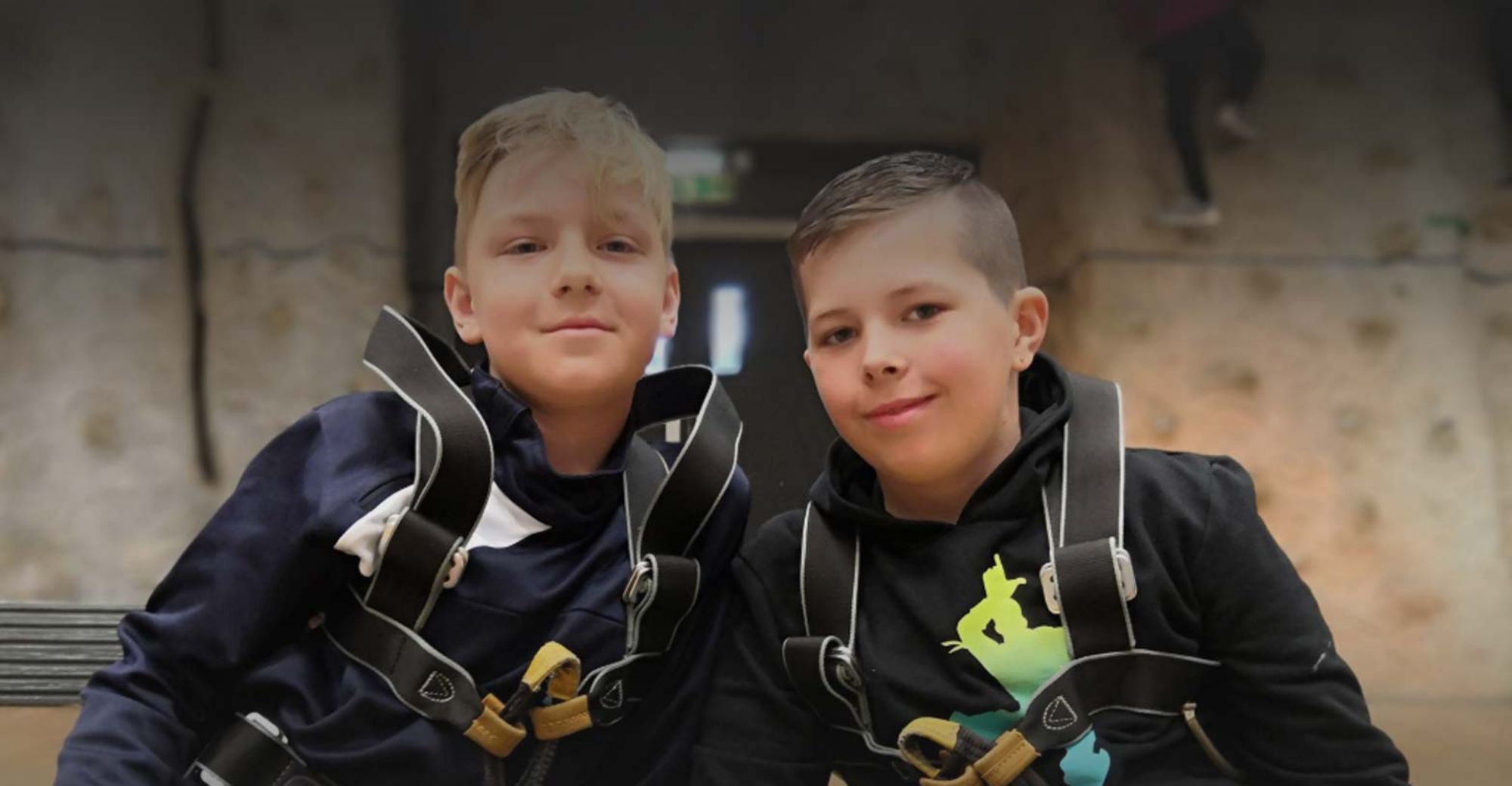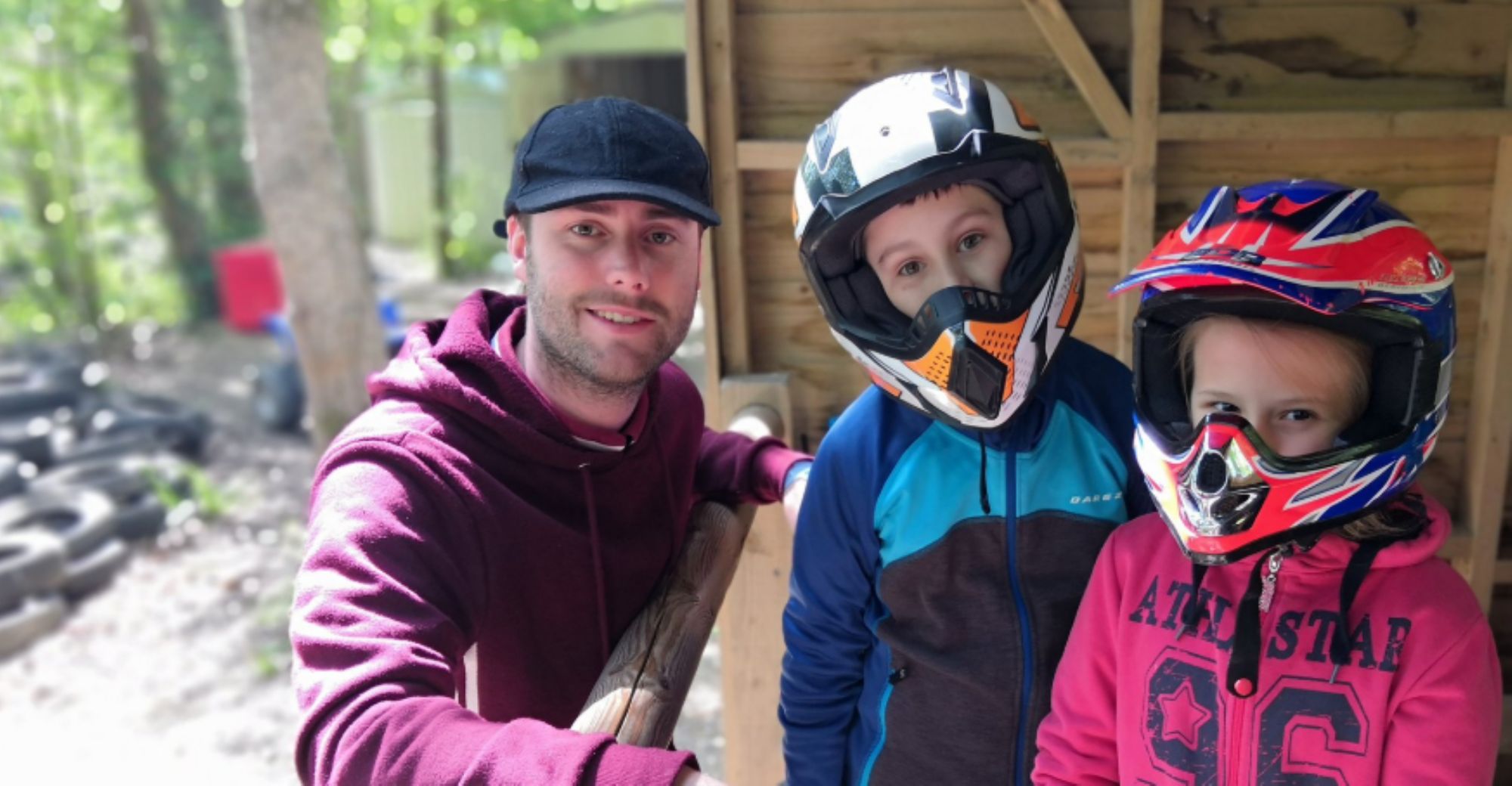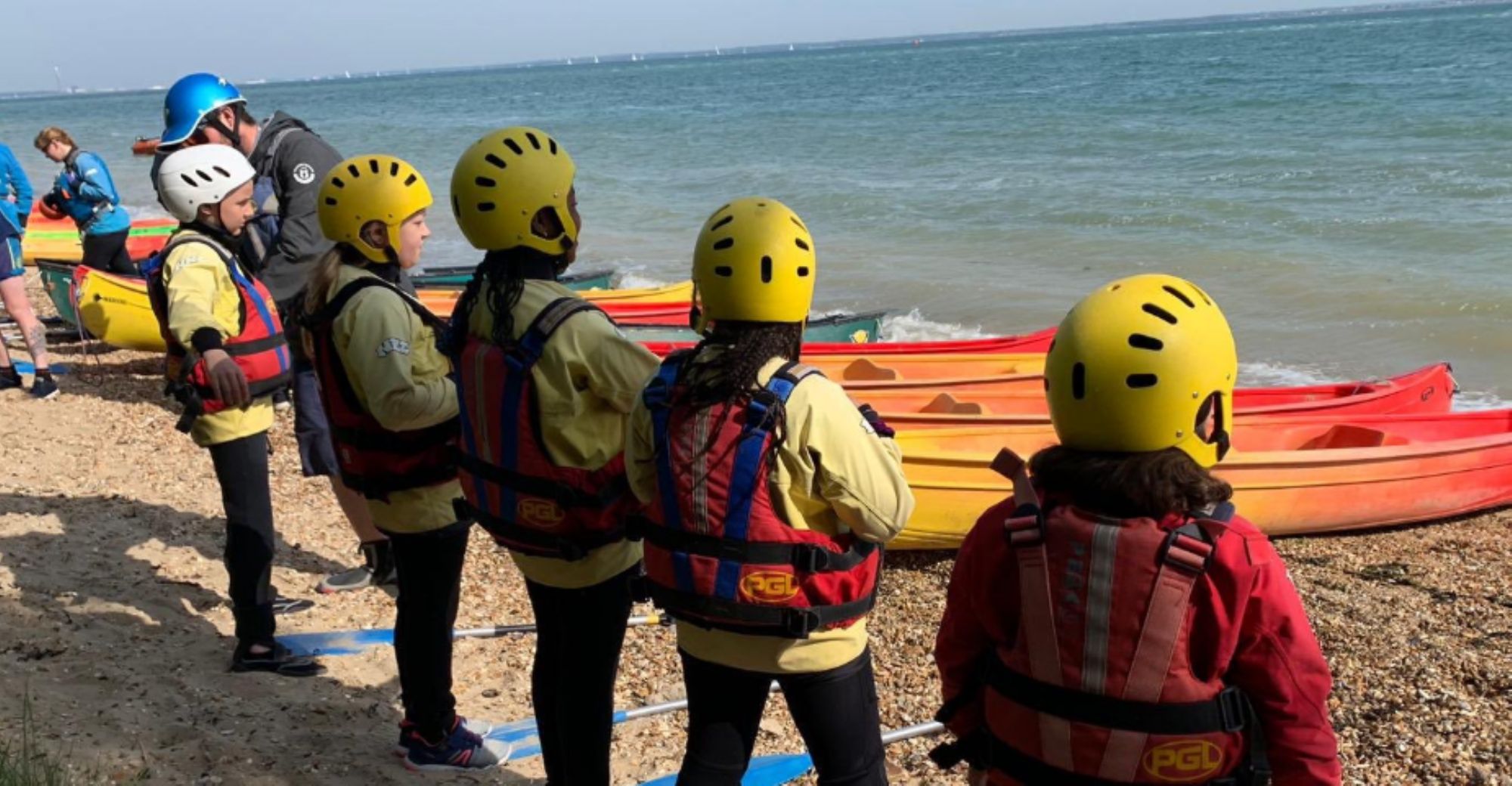Collective Worship
We are a vibrant, diverse and forward thinking school where all individuals share a passion to exceed expectations. We firmly believe that all children should believe in themselves and their abilities, be proud of their learning and celebrate their success.
Belief, Pride and Success
We actively seek to promote and celebrate our similarities and differences drawing on the wealth of experience from both the children and parents alike and to recognise the contribution that we can all make to our community.
We encourage every child to be self-confident, inquiring, tolerant, positive, healthy, well-rounded with an independent mind, and to be an individual who respects the differences of others.
At Banister our values underpin all that we do and are at the heart of our school; we actively promote Individuality and equality, Perseverance and excellence, Diversity and harmony, Tradition and innovation, Independence and alliance, Unity and community and Educating for life.
Through our values we are able to create an environment where children, parents and staff are encouraged to share their beliefs, religious and cultural experiences so that they can learn with, from and on behalf of one another to broaden their understanding of life in today’s multi-cultural and multi-faith Britain.
Legal requirement:
Collective Worship is a statutory requirement for all schools. The Education Act (1944) stipulates the need for a distinctive and identifiable, daily time in the school day that is different from lessons, including Religious Education.
“In the light of the Christian traditions of Great Britain, Collective Worship is to be wholly or mainly of a broadly Christian character.” Education Act (1944) Education Reform Act (1988) and the Education Act (1993)
In order to reflect the diverse nature of our school community, acts of worship may contain common elements drawn from a number of different faiths but will maintain the broad and balance of Christianity – although these will not be distinctive of any denomination of Christianity. All acts of worship are planned to contribute to the spiritual, moral and cultural life of our school and to the development of our children.
At Banister Primary school we follow Living Difference III, the agreed syllabus for schools in Hampshire, Portsmouth, Isle of Wight and Southampton, to inform our teaching of Religious Education. For more information as to the nature of what is taught please follow the link at the bottom of the page to the Living Difference Scheme of Work.
Right to withdraw:
Parents have the right to withdraw their children from all or any part of RE. However, the right to withdraw does not extend to other areas of the curriculum when, for example, spontaneous questions on religious matters are raised by children or there are issues related to religion that arise in other subjects such as history or PSHE or through media coverage which impacts on them.
For further information please see our RE policy.
What does RE look like at Banister?
At Banister, we believe that;
“Pupils should extend their knowledge and understanding of religions and worldviews, recognising their local, national and global contexts. They should be introduced to an extended range of sources and subject-specific vocabulary. They should be encouraged to be curious and to ask increasingly challenging questions about religion, belief, values and human life. Pupils should learn to express their own ideas in response to the material they engage with, identifying relevant information, selecting examples and giving reasons to support their ideas and views” (NCFRE p21).
Through Living Difference III we ensure a balanced curriculum that includes:
a. Learning about the nature of religion and belief exploring questions about the nature, truth, meaning and value of religion and belief.
Examples:
- ways in which people describe their spiritual experience
- what is meant by belief including study of non-religious beliefs
- different ways in which religions use kinds of language to express ideas about, e.g. God, creation, the afterlife
- the place of religions and worldviews in the local community
- questions such as ‘How do we know what is true?’ and ‘How do we know what is the right thing to do?’
b. Learning about Christianity, focusing on the way in which beliefs, practices and ways of life link together, recognising diversity of interpretation.
Examples:
- the main beliefs of Christians and some of the different ways in which these are interpreted;
- the Bible and other key sources of authority for Christians;
- the life and significance of Jesus as a key figure for Christians;
- ways that different groups of Christians and individuals express their beliefs in terms of worship, celebrations, festivals, places of worship and art;
- the influence Christianity has on the way individuals live their lives;
- the impact of Christianity in the local community and the wider contemporary world.
c. Learning about at least two other religions and/or worldviews, focusing on the way in which beliefs, practices and ways of life link together, recognising diversity of interpretation.
Examples:
- the main beliefs of the religion or worldview and the diversity of ways in which these are interpreted
- the key sources of authority within the religion or worldview
- study of the life and significance of a key figure(s) in the religion or worldview
- ways that different groups and individuals express their beliefs e.g. in the case of a religion, in terms of worship, celebrations, festivals, places of worship
- the influence which the religion or worldview has on the way individuals live their lives
- the impact of the religion or worldview in the local community and the wider contemporary world





